By MRCG
The Media Reform Coordinating Group (MRCG) has on 1st September 2025 completed regional meetings with various regional community media stakeholders in Port Loko (for North and Northwest regions) and in Kenema (Southeast regions) on the Community Media Ecosystem with specific reference to Indirect Subsidies, Tax Incentives and Waivers.
The MRCG is one of the local partners implementing the “Media Empowerment for Democracy, Inclusion and Accountability” (MEDIA) project, led by BBC Media Action and other international consortium members, and funded by the European Union. One of the components of the MRCG is the Media Reform Process: Indirect Subsidies, Tax Incentives and Waivers for Community Media. The MRCG aims to create a more enabling fiscal environment for community media, thereby strengthening their resilience and contributing to greater viability. This aligns with the National Action Plan (NAP) Recommendation 4, which recommends that the Government take affirmative action to promote community media.
Recommendation 4.1 states that “New tax incentives and waivers should be introduced for community media (e.g. reduced taxation on equipment) and awareness should be raised of existing subsidies and procedures,” and 4.3 states that “Local councils should be encouraged to provide support to community media, thereby improving information provision as well as civic engagement around local development policies.”
Community media in Sierra Leone play an essential role in fostering inclusive dialogue, promoting democratic participation, and enhancing accountability in governance. Despite their importance, community media organizations face significant financial and operational constraints that hinder their sustainability and effectiveness.
Community media constitute an essential pillar in Sierra Leone’s media landscape, providing citizens with access to information, platforms for civic engagement, and opportunities for public dialogue. Unlike commercial and state-owned media, community media are non-profit, participatory, and locally owned, with the primary aim of advancing public interest.
However, these outlets continue to struggle with sustainability due to limited revenue streams, high operational costs, and a lack of favorable fiscal policies. The Media Reform Coordinating Group (MRCG), as part of the Media Empowerment for Democracy, Inclusion and Accountability (MEDIA) Project, has been leading reform efforts to improve the resilience of community media. A key component of these efforts is the promotion of indirect subsidies, tax incentives, and waivers that can support viability and independence.


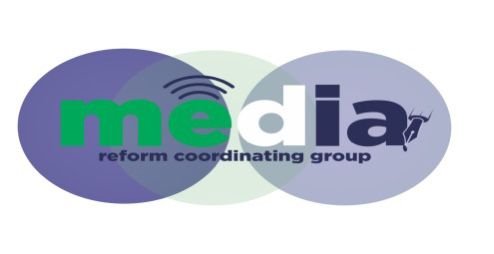

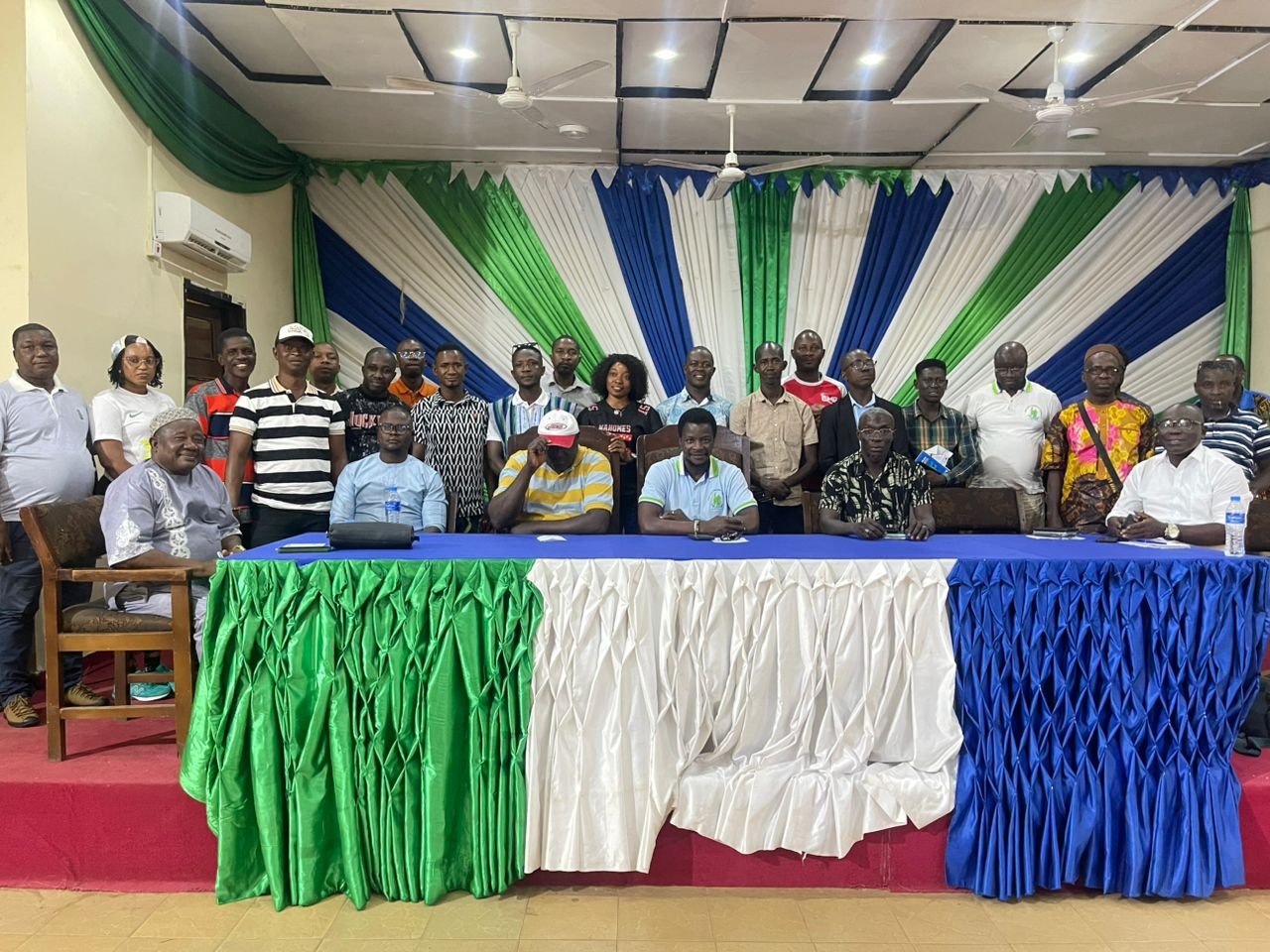


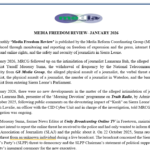
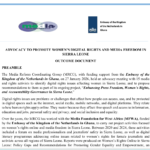
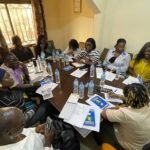
Leave a Reply